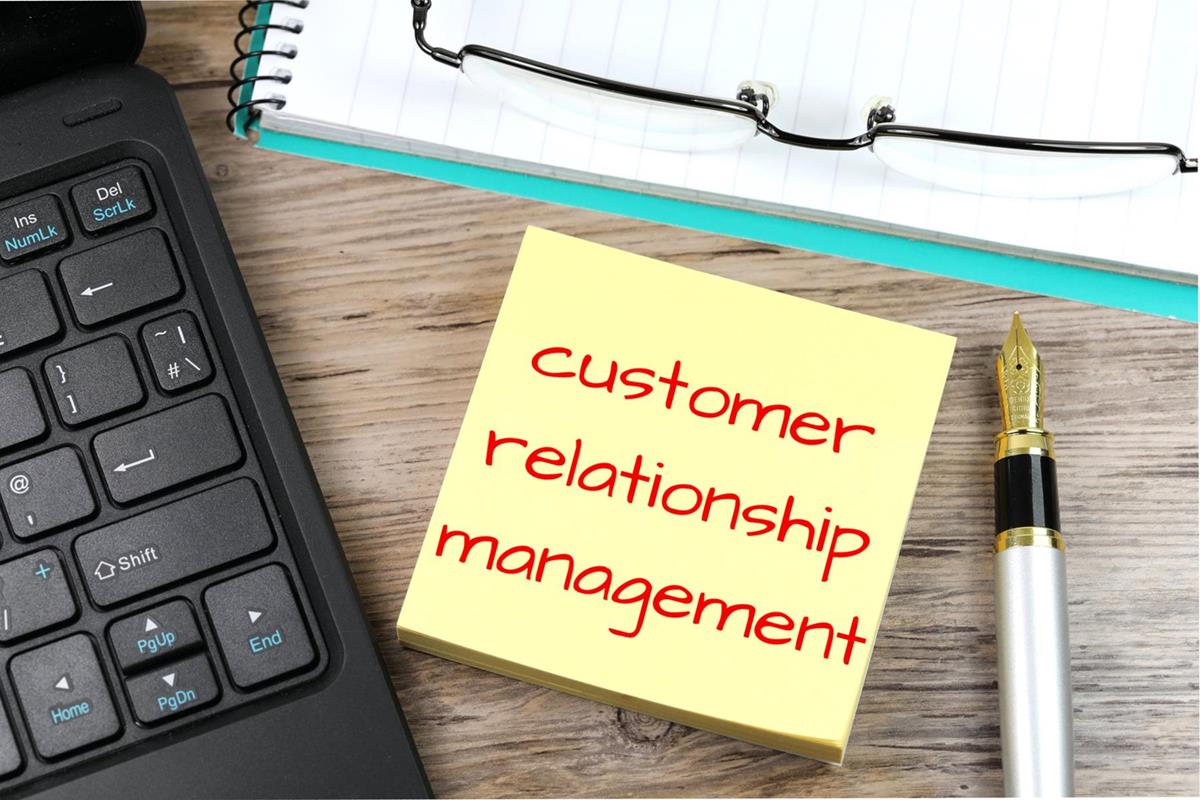Top 20 Relationship Manager Fresher Interview Questions
Table of Contents
Top 20 Relationship Manager Fresher Interview Questions
1. Tell me about yourself?
Top 20 Relationship Manager Fresher Interview Questions
Top 20 Relationship Manager Fresher Interview Questions
Example – “Start with your name, educational background, and any relevant internships or coursework. Highlight your communication skills, interpersonal skills, and enthusiasm for building relationships.”
2. What do you understand by the role of a Relationship Manager?
Example – “A Relationship Manager is responsible for cultivating and maintaining strong relationships with clients or customers. They act as a bridge between the company and clients, ensuring their needs are met and problems are resolved.”
3. How do you prioritize client relationships when dealing with multiple clients?
Example – “Prioritization is essential. I would assess the importance of each client based on their value to the company and the urgency of their needs. Critical issues would be addressed first, followed by regular check-ins with other clients.”
4. Can you explain the importance of good communication skills in this role?
Example – “Effective communication is crucial as it ensures clients’ needs are understood and met. It also helps in conveying information about the company’s products or services, fostering trust and satisfaction.”
5. How would you handle a dissatisfied client?
Example – “First, I would actively listen to their concerns, empathize with their feelings, and apologize if necessary. Then, I would work with them to find a solution, involve relevant teams if needed, and ensure their issue is resolved to their satisfaction.”
6. Describe a situation where you successfully resolved a conflict or disagreement.
Example – “Provide a specific example from your past experience. Explain the conflict, the actions you took to resolve it, and the positive outcome achieved through effective communication and problem-solving.”
7. How do you stay updated on market and industry trends?
Example – “I regularly read industry-related publications, attend seminars, webinars, and network with professionals in the field. I also follow reliable online sources and subscribe to newsletters to stay informed about market changes.”
8. What strategies would you use to identify potential clients and build a client base?
Example – “I would begin by analyzing the company’s existing client base for referrals and recommendations. I’d also research the industry, identify target markets, and utilize digital marketing tools and social media to reach potential clients.”
9. Can you discuss a time when you exceeded your sales or relationship-building targets?
Example – “Share a specific achievement, detailing the target, the strategies used, and how you surpassed it. Emphasize your ability to meet and exceed performance expectations.”
10. How do you handle rejection or failure in a client interaction?
Example – “Rejection is part of the job. I would view it as an opportunity to learn and improve. I’d ask for feedback, self-evaluate, and adapt my approach for future interactions.”
11. What tools or software are you proficient in for managing client relationships?
Example – “Mention any Customer Relationship Management (CRM) software you are familiar with, such as Salesforce, HubSpot, or Zoho CRM. Explain how you’ve used them to streamline communication and track client interactions.”
12. How would you adapt your communication style when dealing with different types of clients?
Example – “I would tailor my communication to suit the client’s preferences. For example, if a client prefers formal communication, I would use professional language and tone, while with a more casual client, I’d be more relaxed and friendly.”
13. What is the importance of trust in client relationships, and how do you build it?
Example – “Trust is the foundation of any client relationship. I build trust by delivering on promises, being transparent, and maintaining consistent communication. Trust is established over time through reliability and integrity.”
14. How do you handle confidential client information?
Example – “I would treat confidential information with the utmost care, following company policies and legal requirements. I would ensure data security and only share information on a need-to-know basis.”
15. How do you handle a situation where a client requests a product or service that your company does not offer?
Example – “I would express regret for not being able to fulfill their request and then try to understand their needs better. If possible, I would suggest alternative solutions or refer them to a trusted partner or colleague who can assist them.”
16. Can you provide an example of when you had to collaborate with other departments to meet a client’s request?
Example – “Share an instance where you collaborated with different departments, highlighting effective teamwork and communication skills. Explain how the collaborative effort resulted in a satisfied client.”
17. How do you keep yourself motivated in a role that involves rejection and challenges?
Example – “I stay motivated by focusing on the positive aspects of the job, such as building meaningful relationships and the potential for personal and professional growth. I set achievable goals and celebrate small successes along the way.”
18. What do you think are the key qualities of a successful Relationship Manager?
Example – “Key qualities include excellent communication skills, empathy, adaptability, problem-solving abilities, integrity, and a genuine passion for helping clients achieve their goals.”
19. Can you share your long-term career goals as a Relationship Manager?
Example – “I aspire to become a seasoned Relationship Manager who consistently exceeds targets and contributes to the company’s growth. Eventually, I’d like to take on leadership roles within the organization.”
20. Why do you want to work for our company specifically?
Example – “Research the company’s values, culture, and industry reputation. Tailor your response to highlight how your skills align with their needs and how you can contribute to their success. Express your enthusiasm for being part of their team.”




